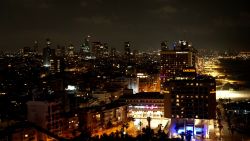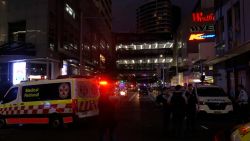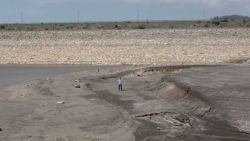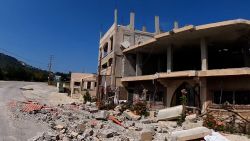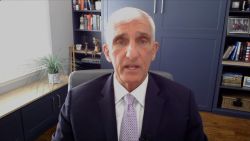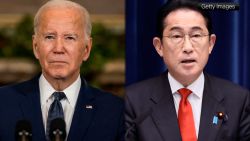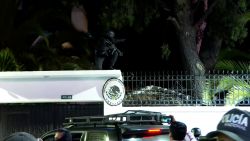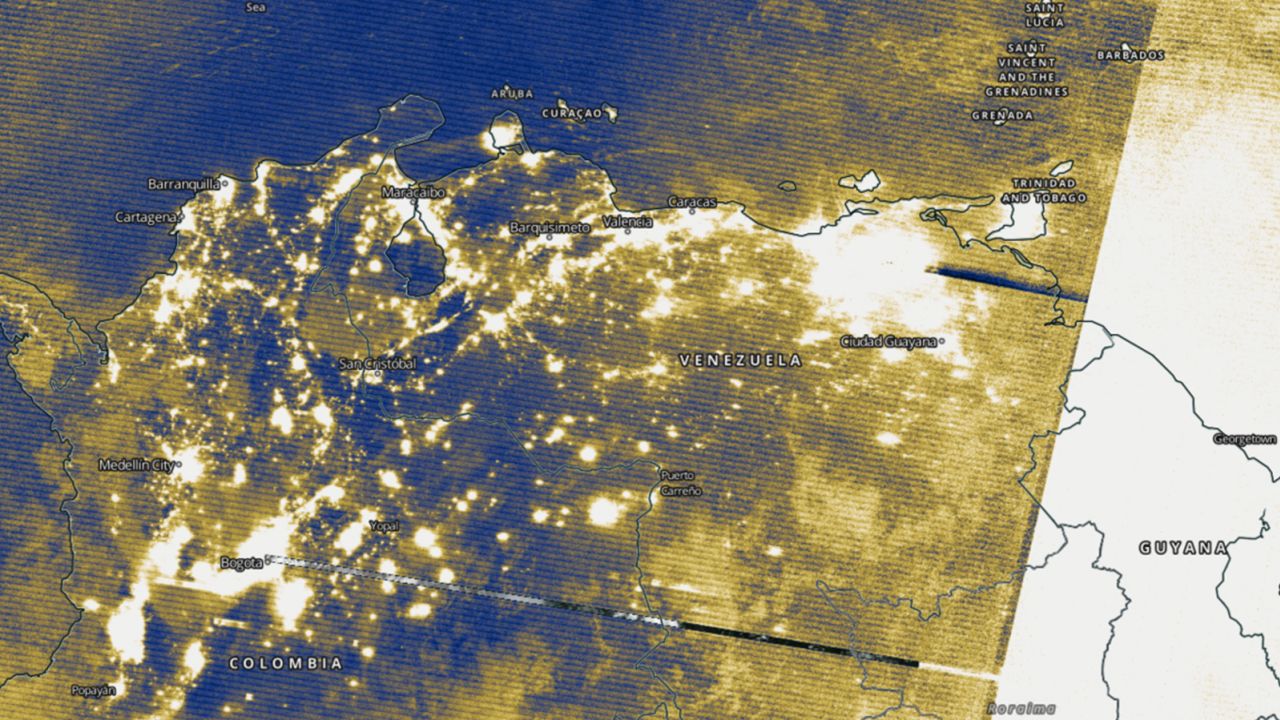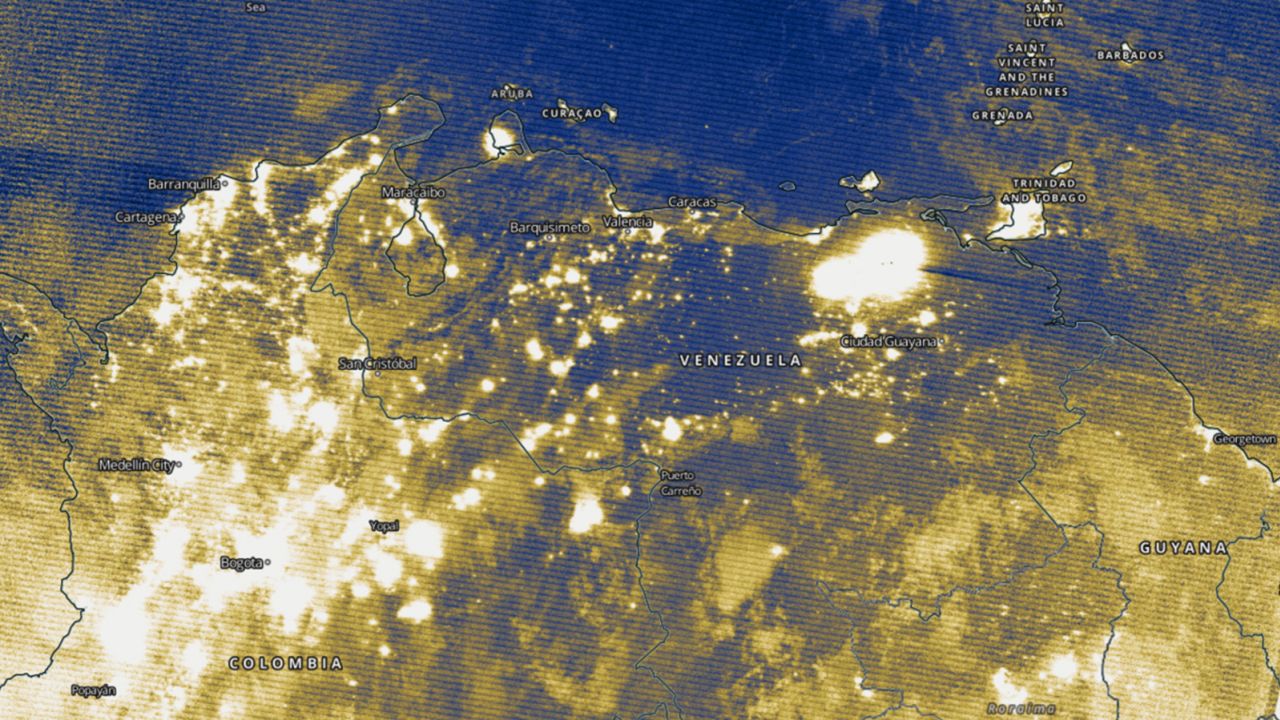Most of Venezuela still had no power Friday evening, more than 20 hours after a massive outage left over 70% of the country without electricity.
The blackout stopped mass transit in the capital of Caracas, shuttering businesses, gas stations and even disrupting operations at hospitals.
Mauro Zambrano, representative of the hospitals and clinics union of Caracas, told CNN there have been four deaths at hospitals. One death took place at the Magallanes Hospital and another at the University Hospital, Zambrano said, adding that even though both hospitals had electricity “there were some failures.”
The other two deaths took place at the Children’s Hospital and at the Miguel Carreño Hospital where a premature baby girl died, Zambrano said. CNN has not independently verified any of the four deaths.
There are also issues at other hospitals, Zambrano said, like the pediatric unit at El Algodonal Hospital in Caracas being closed for 15 days, the electrical failures at the Periferico Hospital in Catia or how the Coche Peripherial Hospital has been closed for four months due to electrical failures.
“Generators are not able to make the hospitals run, even though personnel do as much as they can,” Zambrano said. “We have hospitals with operating rooms that 80% non-functional, medical equipments aren’t working.”
State broadcaster VTV reported that some power had been restored but provided no specific numbers or locations.
Authorities quickly blamed the blackout on anti-government saboteurs. Speaking on VTV, Electricity Minister Luis Motta Dominguez called the blackout an “electricity war” and act of sabotage.
He alleged, without offering evidence, that the attack took place at Venezuela’s main hydroelectric power station in Guri in the southern state of Bolivar, which provides about 70% of the country’s energy.
“This is an attack (on) the government, this is an attack (on) the people and there are communities that in less than 15 minutes had already gone out to protest and close streets,” Dominguez said.
“People generally wait until service is reestablished. So, this verifies and confirms that this was pre-planned,” the minister said.
A former electricity executive at Venezuela’s National Electric Corp. told CNN that the outage at the power station was most likely the result of old equipment and bad maintenance.
“That damage happened because the machines are old,” Miguel Lara said. “There are not any spare parts or enough people to upgrade the system.”
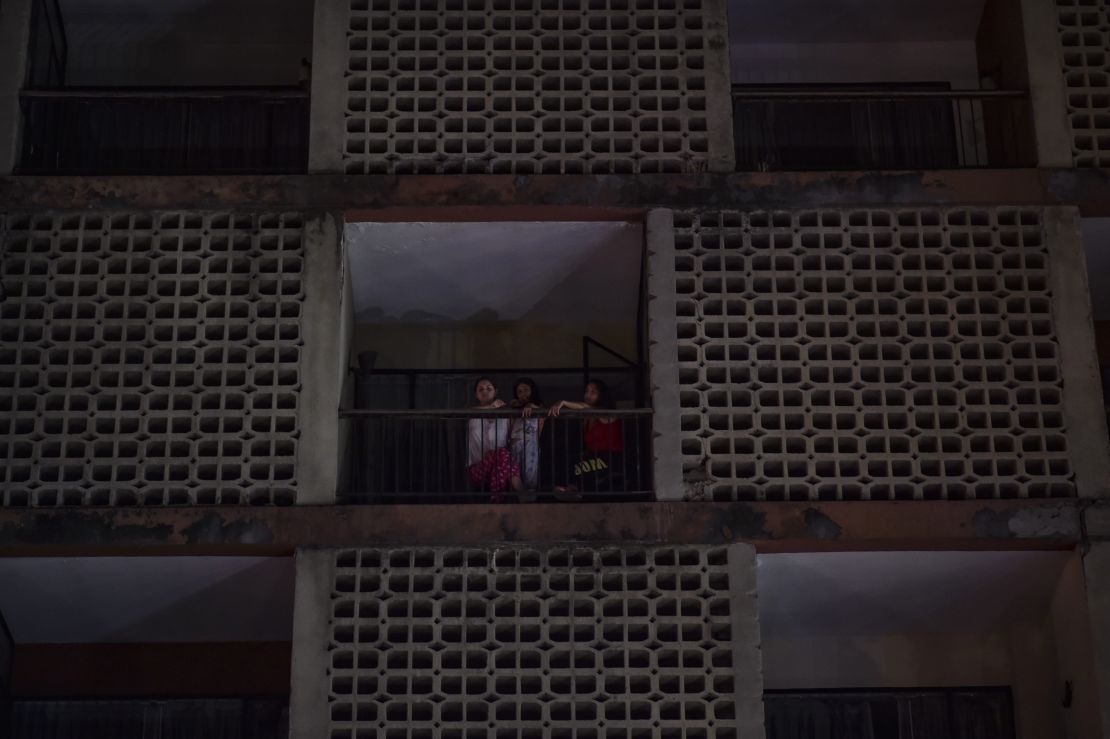
Blackouts have become a daily occurrence across Venezuela as the economic crisis has worsened, but one of this magnitude is rare.
Rampant inflation and food scarcity have gripped the country under embattled President Nicolas Maduro, and thousands have fled to neighboring countries as shortages, political turmoil and crime rates have soared.
Reuters reported local media as saying this outage affected the capital, Caracas, as well as at least 15 of the country’s 23 states.
Vanessa Suarez, from Ureña, said she and her family still have no water and electricity.
“There is no power, no water, nothing. We are here to ask for diapers and food because there’s nothing there,” Suarez said.
One woman on the bridges in Cúcuta – she did not want to be named for fear of her safety – told CNN she hasn’t had electricity for four days. She’s from Carpacho, west of San Cristobal, and says all their food has gone bad.
Sandra, from Barquisimeto, says it took her 12 hours to get to Cúcuta to buy food that will last her family a week.
“We have spent one day with no power, no internet, no cell service,” Sandra said, adding that this is her first time crossing through the “trocha,” or the dirt paths since Venezuela hasn’t opened their border.
Sandra, who was fearful of giving her last name, is from Lara State and says it is the worst state to live in.
“For the few people that can have meat in the fridge, the meat has gone bad,” she said. “It has been over 24 hours that we don’t have power.”
Critics of Venezuela’s government blame corruption and underinvestment, with opposition leader Juan Guaido – who declared himself the country’s acting president in January – describing the blackout as further proof that time is almost up for Maduro.
“Venezuela knows that the light will arrive with the end of the usurpation,” Guaido tweeted.
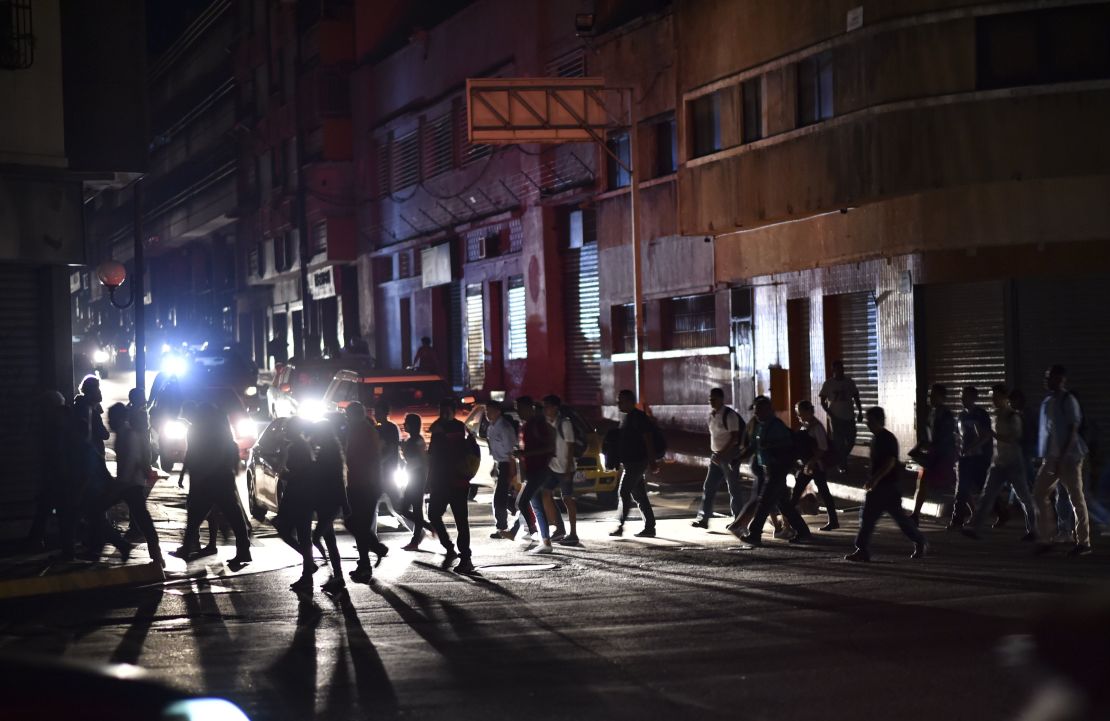
Just over an hour later, Maduro posted on Twitter: “The electric war announced and led by the American imperialism against our people will be defeated. Nothing and no one can beat the people of Bolivar and Chavez. Maximum unity of the Patriots!”
US Secretary of State Mike Pompeo hit back at Maduro, blaming him for the situation.
“The power outage and the devastation hurting ordinary Venezuelans is not because of the USA. It’s not because of Colombia. It’s not Ecuador or Brazil, Europe or anywhere else. Power shortages and starvation are the result of the Maduro regime’s incompetence,” Pompeo tweeted.
“Maduro’s policies bring nothing but darkness,” he added in a separate message.
Then he tweeted, “No food. No medicine. Now, no power. Next, no Maduro.”
Journalist Stefano Pozzebon reported from Caracas, while CNN’s Bianca Britton wrote in London. CNN’s Claudia Dominguez, Natalie Gallón, Jaide Garcia and Amir Vera contributed to this report.





